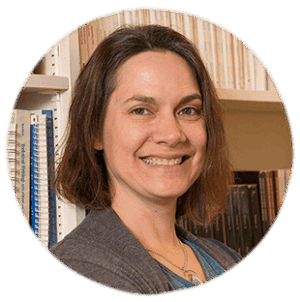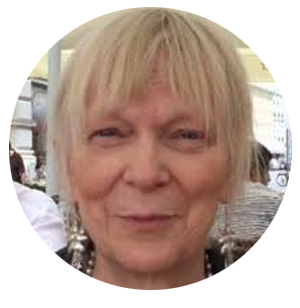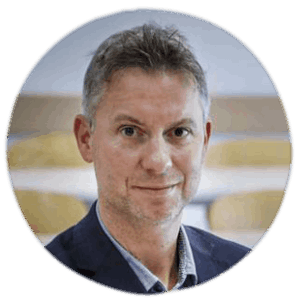Plenary Sessions

Dr Michelle Cox
Director, English Language Support Office
John S. Knight Institute for Writing in the Disciplines, Cornell University
Blurb: When Writing Across the Curriculum (WAC) and English across the Curriculum (EAC) practices are first adopted by individual instructors, units, and institutions, there is often a great deal of excitement. But what happens after that initial excitement wanes? How may it be sustained? Dr. Michelle Cox will draw on the whole systems approach to sustaining WAC programs (Cox, Galin, & Melzer, 2018) to discuss ways to sustain WAC | EAC practices used within the classroom as well as across broader communities and networks within the institution. She will also open questions about how this U.S.-based framework may be adapted for other contexts.
Bio: Michelle Cox, Ph.D., directs the English Language Support Office, a writing and speaking support program for multilingual and international graduate and professional students at Cornell University, in Ithaca, New York. She was formerly faculty at Bridgewater State University, where she launched and directed a Writing Across the Curriculum program, and Dartmouth College, where she initiated graduate writing support. Her scholarship focuses on Writing Across the Curriculum (WAC), multilingual writing, and graduate communication support.

Professor Do Coyle
(Chevalier dans l’Ordre des Palmes Academiques), Director of the Language Education Research Hub / Chair in Languages Education and Classroom Learning, University of Edinburgh
Blurb: This session will explore the meaning of practice-oriented curriculum-making through the lens of a pluriliteracies approach. It provides a rationale for learners and teachers together co-designing what happens in bilingual classrooms and suggests ecological mapping where both teachers and students support and sustain conceptual and linguistic progression. A particular focus will be on the importance of mentoring learning and promoting the development of a growth mindset in learners building resilience and agency – at any age any stage through transparent and inclusive practices. Examples will be drawn from classroom practices.
Bio: Do is an international expert in the field of CLIL (Content and Language Integrated Learning) after having spent her career both as a languages teacher (French, Russian and English) in a wide range of schools in the UK and France, and as an academic, working and researching ways of improving learner experiences in classrooms where other languages are used as the medium of learning. As an early pioneer of the CLIL movement in Europe, working with bilingual teachers, she developed the CLIL 4Cs Framework and the Language Triptych which has now been adopted and adapted globally for guiding and planning pedagogic approaches for bilingual learning and CLIL classrooms. Do has gained worldwide acclaim through her drive to enable teachers and their learners to have confidence in developing conditions for deeper learning and especially in ensuring that learning is spatially designed, cognitively challenging – built on linguistic progression – and is interculturally connected. At the University of Aberdeen (2008-2017), where she held a 6th Century Chair in Learning Innovation and was Dean of the School of Education and Music (2012-2016), her work as a founder member of the Graz Group involved a transnational research team, funded by the ECML. The Graz Group is currently developing a PluriLiteracies approach to Teaching for Deeper Learning (PTDL) and is constantly exploring ways of achieving sustainable deeper learning across languages and contexts.

Professor Oliver Meyer
Department of English and Linguistics, Johannes Gutenberg-University / Mainz
Blurb: In the plenary, Professor Oliver Meyers will present and discuss empirical data from three intervention studies which investigate the role of language on depth of student learning in secondary education. The studies are based on the presumption that deeper learning rests on the development of domain-specific knowledge. A Pluriliteracies Approach to Teaching for Deeper Learning (PTDL), which aims to facilitate deeper learning through an explicit focus on disciplinary literacies and subject specific language as a means to promote conceptual understanding, was used to design tasks and materials for the experimental groups. Both control and experimental groups were selected from within existing CLIL branches through direct experiment control in order to control for variables. Taken together, these studies offer new insights into the nature of deeper learning in three school subjects (chemistry, geography and history), the complex interrelation between conceptualizing and communicating content in both written and spoken form, and the tools and methods required to assess and evaluate these processes.
Bio: Dr. Oliver Meyer is professor for English-Didactics at the Johannes Gutenberg-University/Mainz. He is also a qualified teacher of Geography and EFL with several years of CLIL-teaching experience.
